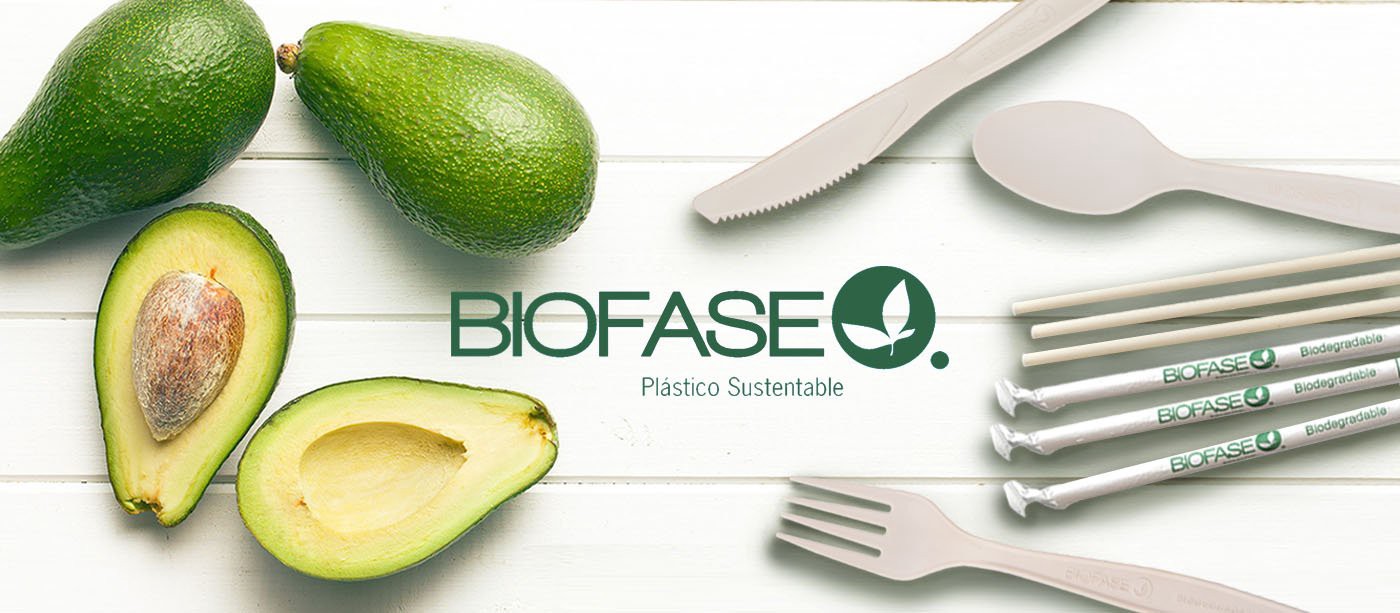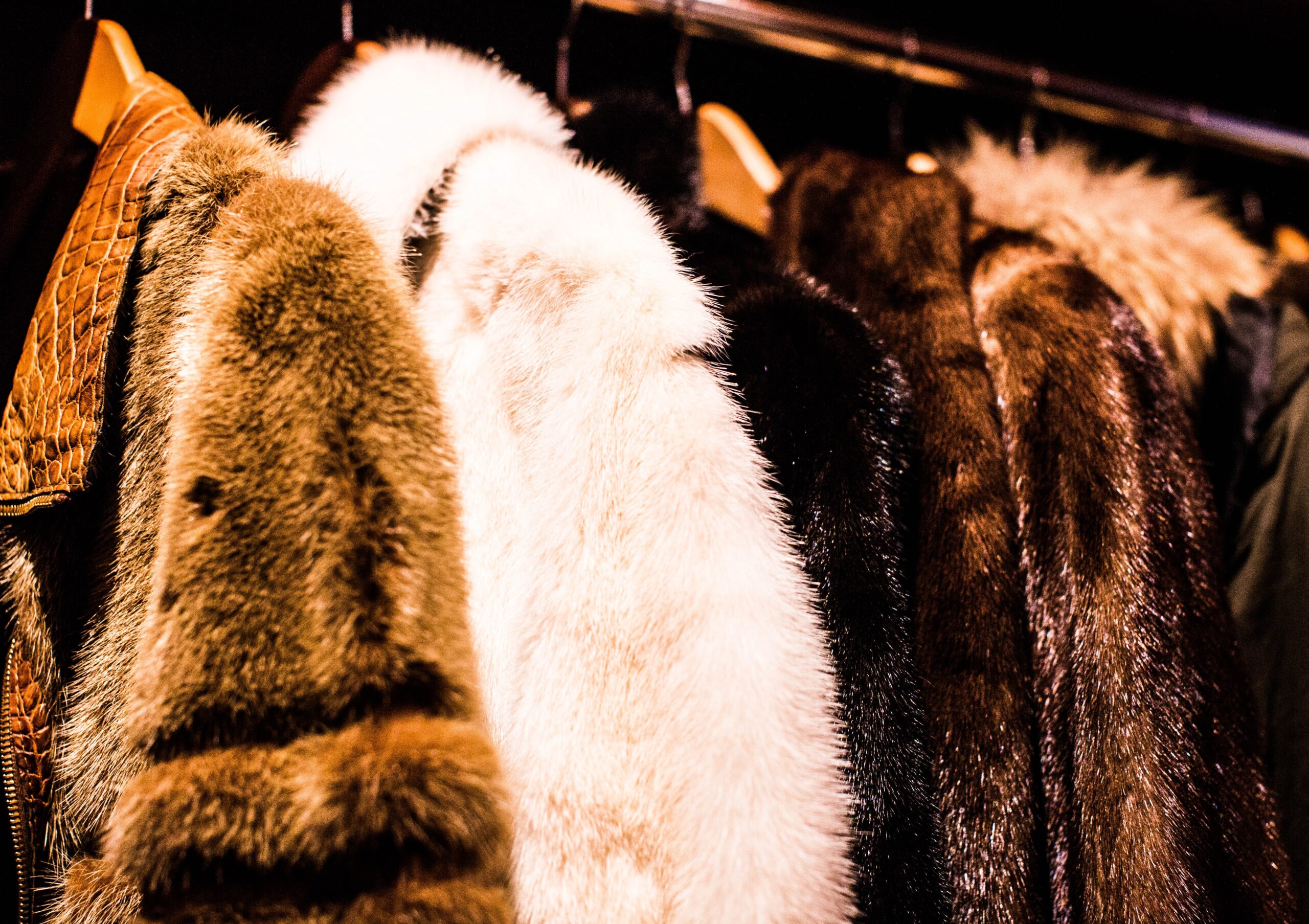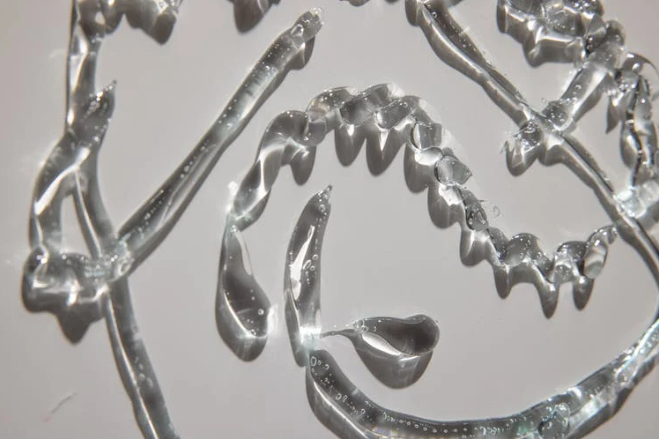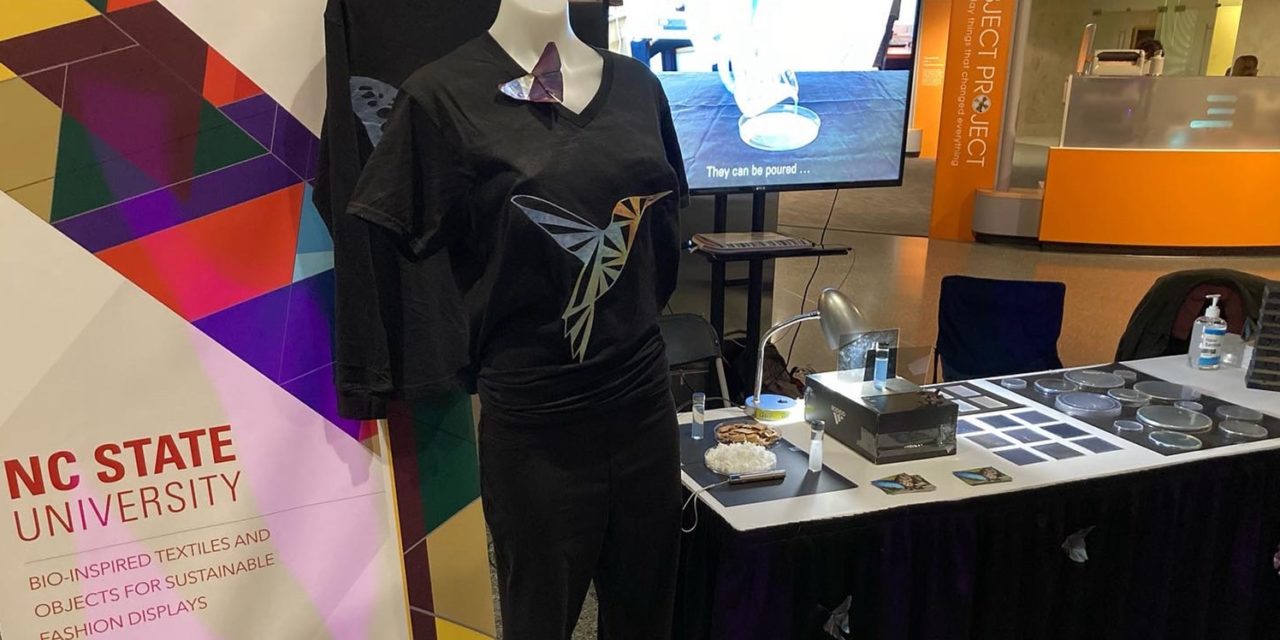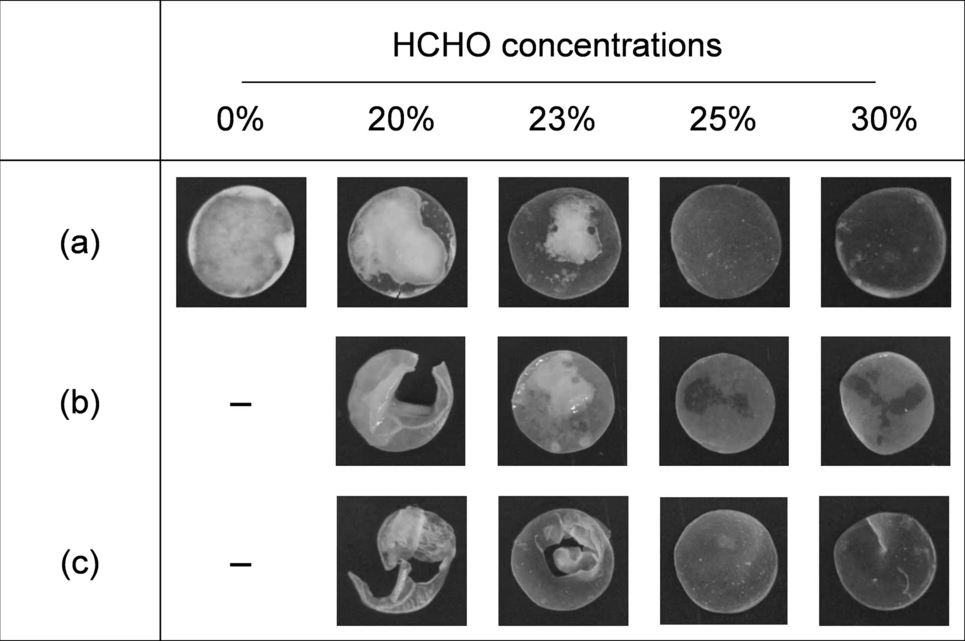Technology
The detergents industry rediscovers the cleansing power of plants
Detergents are a section of the chemical industry where bio-substitutes for petrochemicals are being adopted at a rapid rate. Europe is the largest market for renewable detergents and 50 percent of the estimated 3 million tons of surfactants made there…
Biofase Develops Biopolymers from Avocado Pits
Mexico-based Biofase has developed a process to create environmentally-friendly disposable utensils in response to the alarming plastic pollution. The company makes biodegradable, sustainable and affordable forks, spoons, knives, and even straws from leftover avocado pits.
Startup’s no-kill cellular fur could be a fashion gamechanger
Fur has proven to be among the most difficult textiles to imitate synthetically. Now, Dutch company Geneus Biotech has grown the real thing. Under the brand name FUROIDTM, it has produced a 2cm by 2 cm swatch prototype of the…
Printed organs and the search for the perfect bioink
It was in the late eighties that scientists first envisaged a merger between 3D printing and tissue engineering. At their intersection lay the possibility of machine-manufactured organs and tissue. Bioprinting technology remained a distant prospect until the 2010s, when researchers…
Researchers Are Developing Nanotech for Textiles
At NC State University in Raleigh, North Carolina, researchers from the College of Natural Resources and the Wilson College of Textiles have developed a process involving the use of nanoscopic particles extracted from wood, seeking to solve the problem of…
Preparation of bioplastic consisting of salmon milt DNA
Many DNA-containing materials, such as salmon milts, are discarded as industrial waste around the world. Converting this discarded DNA into a useful material has attracted attention as a novel material development.




